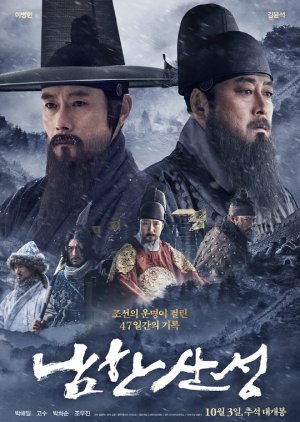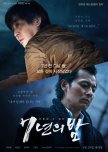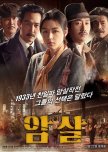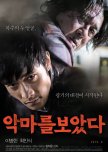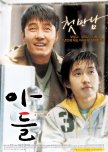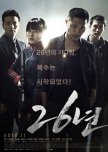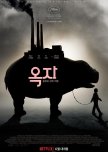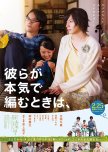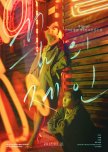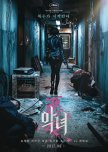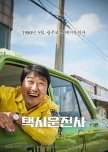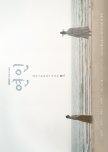
Both depict the same historical event — the Qing invasion of Joseon in 1636 and the court besieged at Namhansanseong. The Fortress is entirely devoted to portraying the siege, while My Dearest is larger in scope, thus these events are only one element of the story. Certain scenes in My Dearest were extremely reminiscent of the The Fortress, not only in content but also in how they were shot. I do think the depiction of the siege and debates between the king and ministers is more effective in The Fortress (and one would hope so, as that is the entire focus of the movie), but My Dearest offers a broader perspective on the war that goes beyond the fortress walls. Both touch on themes such as the hardships of war, the relationship between leaders and their people, the confrontation of honor and ideals with a harsh reality. The Fortress is a slow-paced, dialogue-heavy historical war movie that is entirely somber in tone. My Dearest balances moments of levity with the darker aspects and integrates war with romance; its pacing is far less glacial.
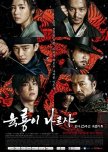
Both are fundamentally stories about leadership that explore similar themes, such as the pragmatism vs. idealism and the relationship between rulers and subjects, by presenting characters who, despite being ideologically opposed, are all seeking what they believe to be the best solutions to the issues confronting their country.
In addition to one being a 50 episode drama while the other is a film, they are substantially different in terms style and atmosphere. The Fortress is far more understated, while Six Flying Dragons is more dramatic and exciting. Though their stories and plots are very different, both are based on pivotal historical figures and events.
In addition to one being a 50 episode drama while the other is a film, they are substantially different in terms style and atmosphere. The Fortress is far more understated, while Six Flying Dragons is more dramatic and exciting. Though their stories and plots are very different, both are based on pivotal historical figures and events.
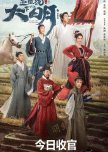
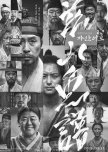
Both of these films are rather slow-paced and have significant ideological conflicts at their centers. The clash of ideologies in The Fortress manifests as a political debate while the king and his ministers try to make decisions during a siege. The Book of Fish explores the value of different types of knowledge and learning by following the relationship between the two leads, who come from very different backgrounds, thus have different beliefs and mastery of different skills. Both are excellent historical films with great performances and beautiful cinematography. Though both have their uplifting and depressing moments, the Book of Fish has an overall more light-hearted tone, while The Fortress is more serious and bleak.
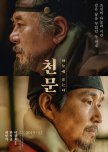
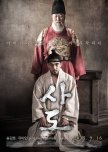
Both are historical films set in the Joseon period. Though The Throne tells a personal story about the strained relationship between a father and son and The Fortress a political one about leadership when faced with no favorable options, I felt that there was some similarity in the atmospheres of these films. While not entirely bleak, these are films that explore human struggles when the tragic end is all but assured. They are both beautifully crafted, elevated by the performances, soundtracks, and cinematography.

